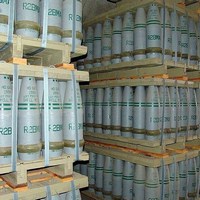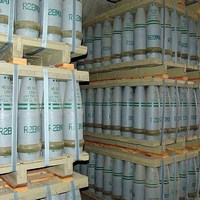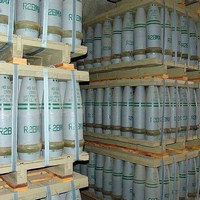
Whatever happens next in the ongoing drama between the U.S. and Syria over the use of chemical weapons, it would be difficult to conclude that President Barack Obama has performed impressively in his handling of the crisis in Syria. Obama’s response to the slow-motion disintegration of that key Arab state has been marked by a combination of neglect, ambivalence and improvisation. The latest chapter, played out over the past couple of weeks, showed the president at long last responding to what by all appearances was a massive use of chemical weapons by forces loyal to Syrian President Bashar al-Assad. That […]








